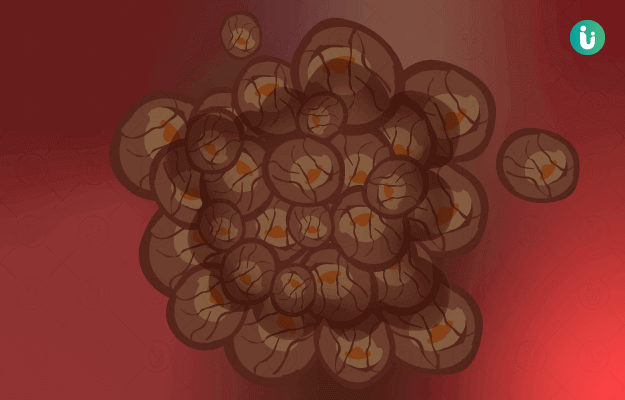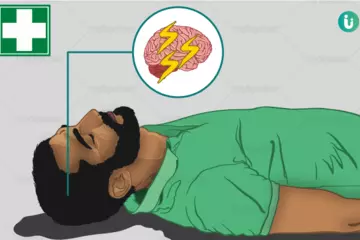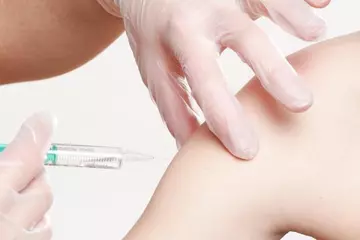The body is made up of cells. The cells group together to form tissues, which in turn form organs like liver, brain, etc. These organs work together to perform one or more functions called as organ systems, such as digestion, circulation, and respiration, that we are so familiar with.
In a healthy body, the cells grow, divide and replace each other on a continuous basis. As new cells are formed, the old ones die. When this process is disrupted, trouble starts; new abnormal cells keep cropping up but the old cells do not die. These cells then group up and form a mass or tumour. Tumours can occur anywhere in the body where cells have the potential to replicate.
Tumours can be divided primarily into three categories:
1. Benign Tumour
These are also known as non-cancerous tumours. These tumours are rarely life-threatening. They are well localised, i.e. they do not infiltrate or spread to the surrounding tissues. They are slow-growing and are often non-symptomatic.
Most benign tumours do not require treatment unless they show symptoms. Examples of such tumours are
2. Malignant Tumours
Also known as cancerous tumours. These tumours have the ability to spread and invade the surrounding tissues. They are rapidly growing and aggressive. Hence, one of the common presenting symptoms of malignant tumours is pain. These tumours have the ability to metastasize (i.e., spread to various parts of the body).
These tumours require medical attention and need to be treated early to prevent complications. Even after adequate treatment, these tumours are known to recur. Examples of such tumours are:
- Bone tumours, such as osteosarcoma and chordomas
- Brain tumours, such as glioblastomas and astrocytoma
- Malignant soft tissue cancers, such as liposarcoma
- Organ cancers, such as lung cancer
- Skin cancers, such as basal cell carcinoma (BCC)
3. Precancerous Tumours
These are benign tumours which have a high tendency to become malignant if left untreated. Examples of such tumours are:
- Actinic keratosis (a skin condition) that may lead to malignant skin cancer
- Cervical dysplasia, if untreated may lead to cervical cancer
- Colon polyps, which may turn into colon cancer
- Ductal carcinoma in situ which may become malignant

 Doctors for Tumour
Doctors for Tumour  OTC Medicines for Tumour
OTC Medicines for Tumour
 Tumour articles
Tumour articles





































 Dr. Ayush Pandey
Dr. Ayush Pandey











